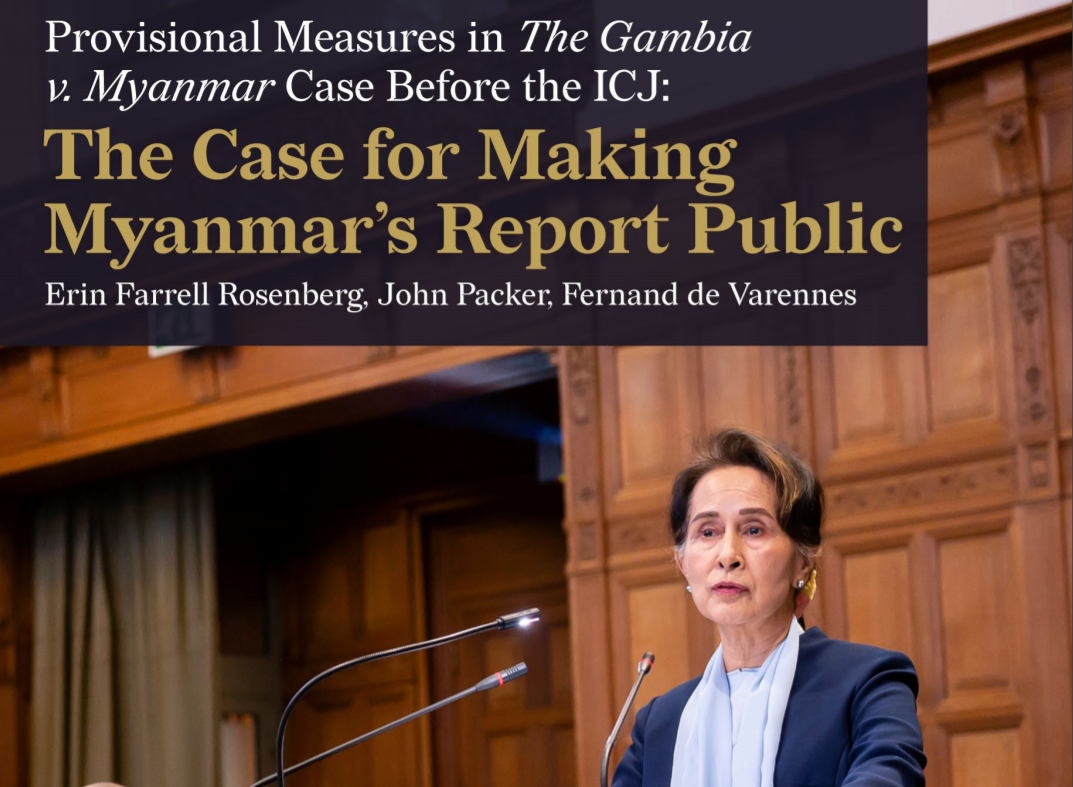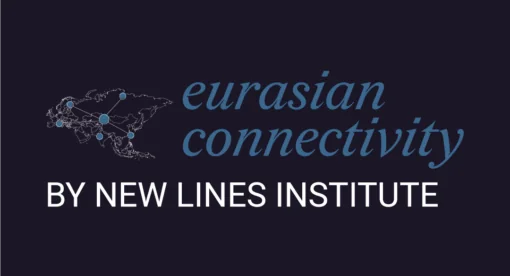On November 11, 2019, The Gambia filed an application at the International Court of Justice (ICJ) instituting proceedings against the Republic of the Union of Myanmar for violations of the 1948 Convention on the Prevention and Punishment of the Crime of Genocide in respect of the Rohingya group. The case was brought pursuant to the Convention’s obligations that are considered erga omnes (owed to the international community as a whole) and erga
omnes partes (owed by all member States to the Convention). In other words, a public interest case.
On January 23, 2020, the ICJ issued an order requiring Myanmar to take measures to prevent the risk or possible recurrence of genocide against the Rohingya minority and to preserve evidence of the 2017 attacks. Myanmar is required to report periodically on the measures it has taken to comply with the Order. The purpose of the provisional measures reporting requirement is to permit the Court to assess the appropriateness and adequacy of measures taken and to consider whether additional measures may be merited. Myanmar’s two reports filed to date have been classified confidential, available only to the Court and The Gambia. Myanmar’s third report is due in the coming days.
The views expressed in this article are those of the authors and not an official policy or position of Newlines Institute.
___________________________________________________________________________________________________________________________







